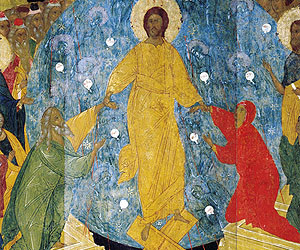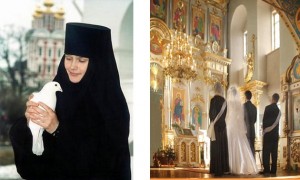Family Upbringing at the Table
20 May 2016The table is where the family gathers. Everyone’s there, sharing the day’s news, relaxing and exchanging views and experiences, all in connection with the consumption of a meal.
Apart from the obvious, the whole process reinforces family ties and gives parents the opportunity to find out what their children really like. At the same time, it’s an educational process, since very young children often learn new words in the course of the meal.

Scientific studies have shown that the more frequently family members eat together the higher the chances are that they will remain united and that the children will enjoy good close relations and good communication with their parents. Parental involvement with their children, as well as activities performed in common by the family, play an important role in shaping role-models, since these are formed at a young age, when children tend to identify with their parents.
It would appear, then, that the benefits of family meals are lasting, and extend far beyond simply eating food together.
According to a study named EAT (Eating among Teens), by the University of Minnesota, adolescents who don’t eat regularly with their parents often exhibit ‘border-line’ behaviours, such as smoking, drug abuse or consumption of alcohol. It has also been observed that such teenagers are more prone to depression and eating disorders.
In studies at American universities, it’s also been shown that adolescents who eat with their family on a regular have a greater sense of being accepted by them. By the same token, by talking things over at mealtimes, parents have a great opportunity to glean information about their children’s lives without being pushy.
In general, then, we can say that family meals fill children with a sense of safety and family security. They feel that they belong to a loving and united team, with whom they can share various facets of their lives.
So it’s recommended that families should enjoy meals together, and, if this is not possible on a daily basis, then an effort should be made to make it happen at least three to four times a week. The food doesn’t need to be complicated or difficult. All that’s necessary to satisfy a child is a plate of hot, home-made food, a good atmosphere and the appetite of the other members of the family.











